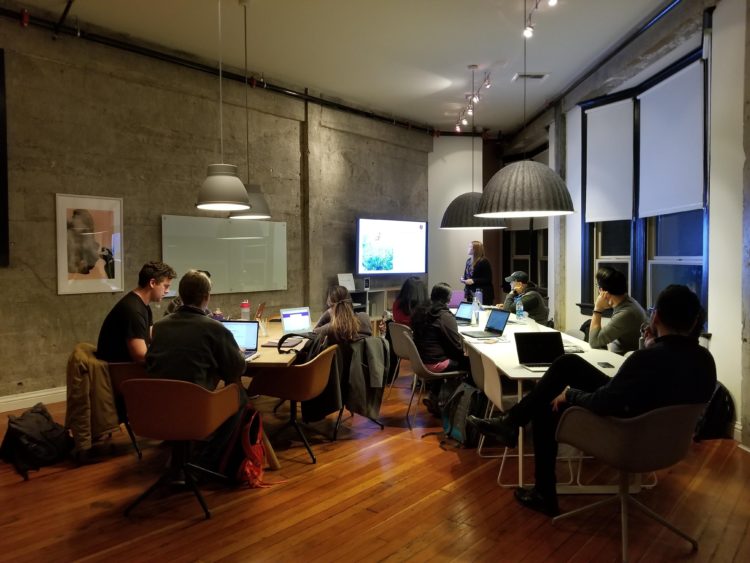AI prompt experts at AIPRM have utilised Artificial Intelligence to identify which study habits are contributing to poor exam results. These results, ranked on a scale of 1 to 10 with 10 being extremely stressful and 1 giving minimal stress, include: cramming the night before exams (10/10), multitasking while studying (9/10), studying without a plan (8/10), ignoring practice testing (7/10) and passive re-reading (6/10).
Replacing poor study habits
A healthier alternative to cramming the night before is the spaced repetition technique, such as using flashcards daily to strengthen long-term memory and reduce last-minute panic.
Students can replace multitasking while studying (scoring 9/10 on the stress scale) with monotasking using the Pomodoro Technique to maintain concentration and manage study time effectively.
Studying without a plan, scoring 8/10 on the stress scale, can be overwhelmingly confusing; instead, a study schedule with daily goals and prioritised topics can improve the structure of study sessions.
Warning against over-reliance

Christoph C. Cemper, founder of AIPRM, said: "When used effectively, AI can be a helpful tool for both students and teachers, improving efficiency, study technique, and enhancing resources. The challenge is to ensure that students do not become over-reliant. AI should be used to think with students, not for them. Relying on it to do the work carries a long list of risks, including weaker critical thinking and learning skills, poor knowledge retention, lack of references for information, and potentially plagiarism or disciplinary issues."
Cemper strongly recommends that institutions play a proactive role in implementing clear safeguards regarding student use of AI.
"Building a healthy academic relationship between students and AI is as much the responsibility of the students as it is of the schools and universities. As AI use continues to grow in education, so should the regulations, knowledge and literacy surrounding the tools," Cemper said.




